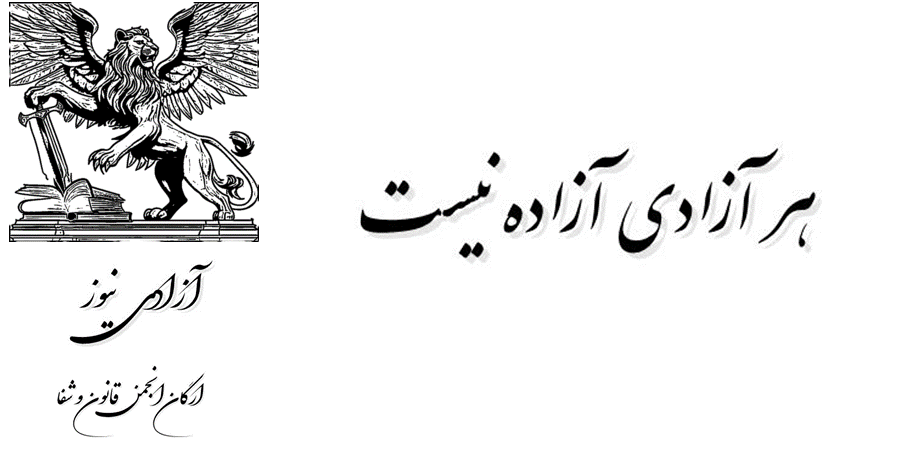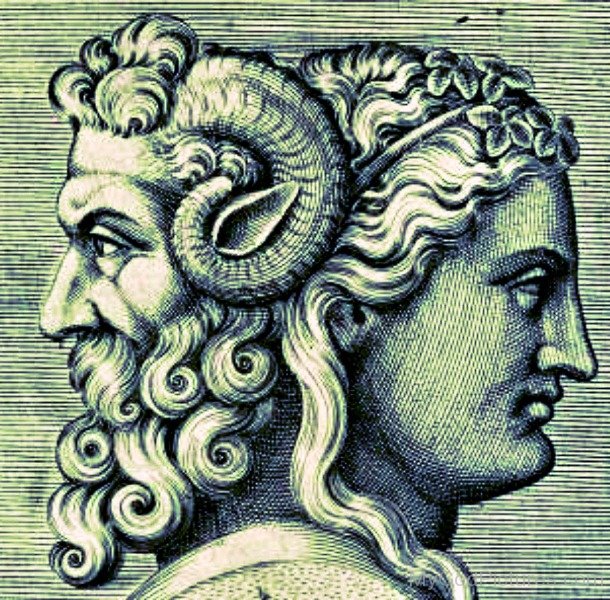Dr. Bozorgmehr Zandi
Director of Canon of Medicine and Law
In ancient Greek Hellenistic knowledge, Janus, the god of gates and transitions, represents the duality of beginnings and endings. This dual-faced deity, with one head looking forward and the other backward, symbolizes the simultaneous reflection on the past and the anticipation of the future. Notably, Janus lends his name to the month of January, marking both the commencement of a new year and the conclusion of the previous one.
In paying tribute to the innocent Palestinian lives lost to the brutal attacks of the Zionist regime, this article delves into the intricate dynamics of political chess and its role in shaping the international landscape. While the Arabic concept of martyrdom aligns with checkmate on the chessboard, the author contends that reducing justice to a mere game undermines the inherent dignity of the human psyche.
The essay proceeds to highlight the profound impact of political maneuvering, particularly in the case of Iran. The nation finds itself grappling with impediments to international trade, strained relations with neighbors, and a compromised democratic stability. The author attributes these challenges to the politicization of identity, Iranian nationality, and politics, asserting that they impede the protection of cultural heritage and contribute to the brain drain and capital flight.
A striking example of these challenges is Iran’s inability to present the Israeli war crimes case to the International Criminal Court due to a perceived lack of a global image. This deficiency not only obstructs the pursuit of justice for Palestinians but also hinders the protection of Iranian citizens’ rights abroad. The government’s selective approach to cases such as Hamid Nouri and Kazem Darabi further underscores the impact of political chess on its actions.
The article then shifts its focus to the broader geopolitical arena, emphasizing the struggle between Iran and global players like Russia, America, and Israel. The recent deaths of Qassem Soleimani and Razi Mousavi are portrayed as a passive response to international moves, akin to an Achems in the game of chess. However, the author contends that this approach may limit Iran’s agency in the face of international developments.
Russia’s role in suspension of trade negotiations related to the JCPOA and Iran’s involvement in the Ukraine conflict through drone activities are cited as instances of external powers influencing Iran’s stance. The metaphor of Kasparov and Karpov’s strategic play in chess is employed to illustrate the calculated and perilous nature of Russia’s policies toward Iran.
In conclusion, the author suggests that blind acceptance without wisdom is insufficient. The article implies that Iran must navigate the complex chessboard of international politics with strategic acumen and foresight to safeguard its national interests and sovereignty by respecting national rights as their first step in building a viable democracy in the heart of the people.


